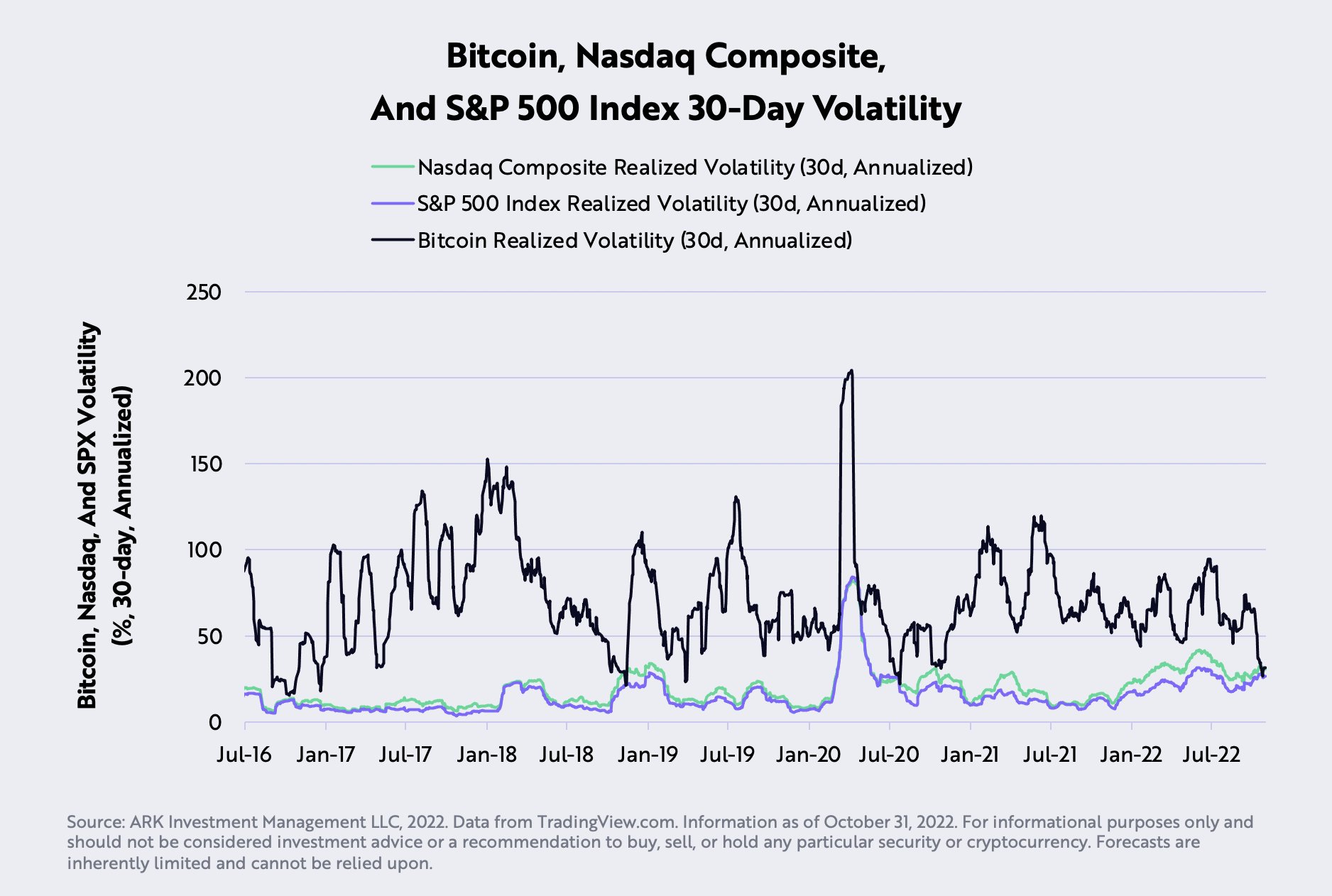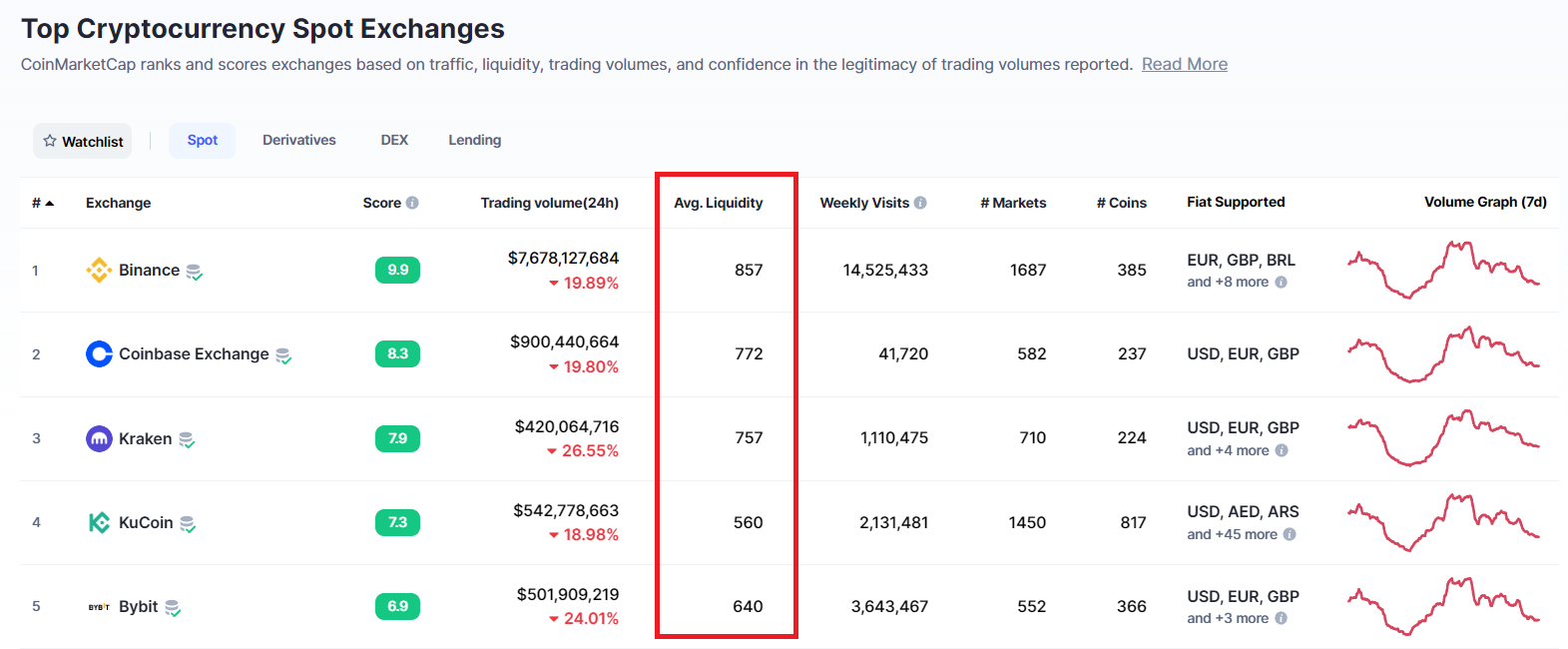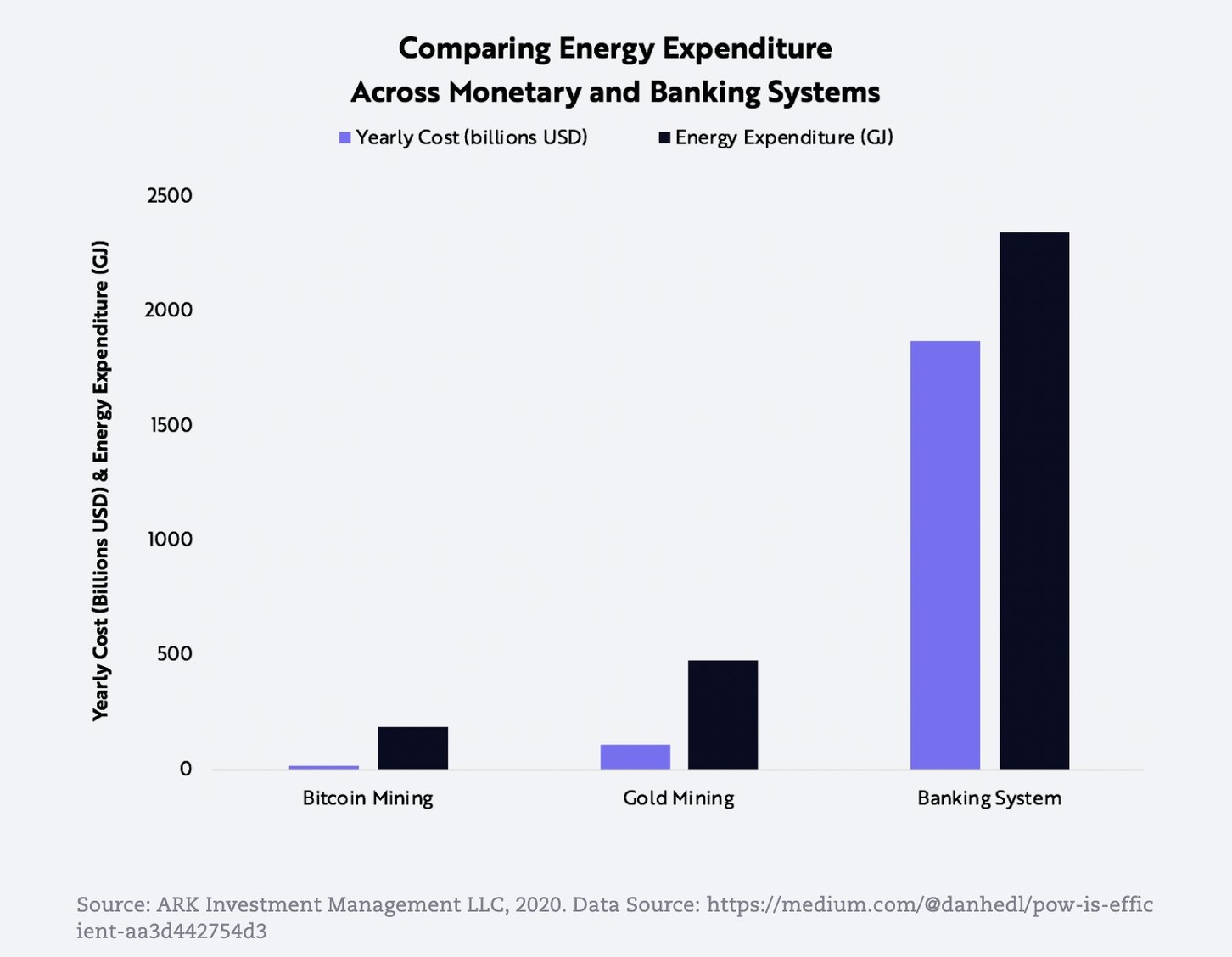8 Bitcoin Risks Every Investor Should Know
Every investment carries risk, and Bitcoin is no exception. Even from a technology perspective, there are risks with the Bitcoin fundamentals that must be understood.
Hedge With Crypto aims to publish information that is factual and accurate as of the date of publication. For specific information about a cryptocurrency exchange or trading platform please visit that provider’s website. This information is general in nature and is for education purposes only. Hedge With Crypto does not provide financial advice nor does it take into account your personal financial situation. We encourage you to seek financial advice from an independent financial advisor where appropriate and make your own enquiries.
Key Takeaways:
- The volatility of Bitcoin's value is the biggest risk investors and traders need to mitigate since it plays a major role in determining when to trade and hold the crypto asset.
- The changing regulatory landscape heavily influences the adoption and implementation of Bitcoin as governments can impose strict legal restrictions.
- Despite the challenges Bitcoin has faced since its establishment, the asset has performed admirably compared to other asset classes.
TABLE OF CONTENTS
Bitcoin was the first blockchain-based protocol secured by a trustless peer-to-peer network. But like any asset, Bitcoin's worth is largely derived from its perceived value can be influenced by many risks. In this guide, we explain the biggest risks to Bitcoin that will undoubtedly make a large impact on its adoption and perception as a safe-haven asset.
These Are The Top Risks Of Bitcoin
- Volatility Risks. Investors can lose their money due to extreme and unexpected price swings.
- Liquidity Risks. Unable to enter or exit a position due to lack of liquidity in the market or on an exchange.
- Reputation risks. A decline in value due to negative media attention or security vulnerability.
- Self-Custody Risks. Lose Bitcoin due to incorrect transactions, lost recovery phrases, or no inheritance plans.
- Regulatory Risk. Governments ban or restrict Bitcoin and mining activities, or impose significant taxes.
- Scams and Hacks. Permanent loss of Bitcoin due to hacks, scams, and fraudulent schemes.
- Acceptance and Adoption Risk. Difficulty to use and slow transaction speed can stifle use-case.
- Climate Concerns. Increased Government scrutiny on Bitcoin mining.
Biggest Risks to Bitcoin Explained
Bitcoin is often heralded as “digital gold.” Yet, gold has thousands of years of history under its belt, while Bitcoin doesn’t even have two decades. Whether that makes a difference depends on the weight between Bitcoin’s strong points (limited supply, decentralizations) and its main risks.
In either case, one should always strive to invest as much in Bitcoin as one is willing to lose. Your BTC holdings should never exceed your risk appetite and do research before deciding to buy Bitcoin. With that said, here are some key risks to consider for going “all-in” Bitcoin.
Volatility Risks
The value of BTC can be highly unstable, meaning that it can fluctuate significantly over short periods of time, often unpredictably and rapidly. Within a single day, the price of Bitcoin can swing more than 10%. This can make it difficult to determine if it's a good investment to hold, knowing when is the right time to invest in Bitcoin and sell to avoid any significant financial losses.
Bitcoin’s volatility is a product of the emotional stability of its investors, or the supply and demand metrics. Given the lack of a central body to regulate the market, several external factors can impact the price such as in response to news events, regulatory changes, or investor sentiment. However, this may not be that different from traditional stock markets which can also have volatility risks caused due to black swan events. According to research, Bitcoin can be less volatile than the US Stock Market. Even so, understanding that Bitcoin's price can fluctuate suddenly is a big risk that inexperienced investors will need to face.

Liquidity Risks
Liquidity is one of the biggest risks that will face investors, particularly high-net-worth individuals and day traders which can make it difficult to sell Bitcoin. In short, liquidity risk can mean some investors are unable to buy or sell Bitcoin at the desired price and time without causing a significant impact on the market. The risk can be heightened during periods of high volatility where there is a large volume of participants trying to enter or exit their Bitcoin position.
Given the small size of the Bitcoin market of US 544.44 billion compared to the global stock market of US $93 trillion, there is limited liquidity for large players such as hedge funds, institutions, and even Governments that want to acquire the asset without creating large price fluctuations.
For everyday investors, the more likely Bitcoin risk associated with liquidity issues will be using crypto exchanges that do not have significant trading volumes. This can also be a big risk when individuals are unable to quickly sell and cash out of Bitcoin as there is not enough liquidity on the exchange. Moreover, it can result in additional slippage costs. A good way to check is by using a website like Coinmarketcap to check the exchange average liquidity scores, or simply stick to the biggest exchanges for crypto trading.

Reputation risks
Bitcoin is often referred to as a safe-haven asset. Should its current status or legitimacy be challenged in the eye of the public, this can cause a decrease in investor confidence, disrupt mainstream adoption, and further investment. Any association with illegal activities such as money laundering, privacy issues, or scams can harm the reputation of Bitcoin, and the broader cryptocurrency market. Any of the other Bitcoin risks explained in this article can cause reputation damage. Such as examples could include:
- Negative media coverage and publicity
- Regulatory crackdowns on Bitcoin-related activities
- Blockchain technological vulnerabilities
- Widescale Bitcoin hack (51% attack)
Self-custody risks
Self-custody of Bitcoin is the recommended approach to protecting an investment. This is to avoid leaving the private keys in the hands of third parties and centralized exchanges which can be hacked. However, being 100% responsible for the safe storage of Bitcoin can introduce other risks. There is a steep learning curve that is unique to the crypto markets and not traditional banking.
Failure to understand the best ways to store Bitcoin can lead to permanent losses. It is estimated that 2,550,615 bitcoins may be lost forever, which can be the result of losing the private keys to a wallet, incorrect transactions, lost recovery phrases, or no inheritance plans.
Therefore, while the Bitcoin blockchain is one of the most secure networks in the world, investors can lose their investment if they do take proper measures to store Bitcoin and find ways to keep a recovery seed phrase safe in the event their wallet is lost, stolen, or compromised. That is, there is no central body or bank to contact if this was to occur.
Regulatory risk
The regulatory environment for Bitcoin and other cryptocurrencies is still developing, and there is a significant risk that is yet to play out given it is a largely unregulated market. This means Governments are increasingly likely to step in and impose regulations. These regulations could:
- Ban or restrict the use of Bitcoin
- Impose taxes or fees on transactions
- Enforce strict AML/KYC requirements
- Hinder Bitcoin-related business and development
- Affect the value of Bitcoin to avoid “financial risks” with fiat systems
Unlike other cryptocurrency assets that are more likely to be deemed as securities, Bitcoin is largely viewed as a “commodity” and is legal in many countries worldwide. It is worth noting that while all digital currencies seem to be on the radar of the Securities and Exchange Commission (SEC), recently, the regulators have even started targeting crypto-friendly banks like Silvergate, SVB, and Signature which are on-ramps to convert USD to BTC and vice versa.
However, the stance of Governments can quickly change and it cannot be ruled out that regulations will stifle adoption. Worse case, a Government could completely ban Bitcoin. This has been the case in many jurisdictions with regulatory Bitcoin bans such as China, Qatar, and Saudi Arabia.
Scams and hacks
As Bitcoin is the largest and most valuable cryptocurrency that involves anonymous transactions, it is one of the most targeted crypto assets by scammers and hackers. It can be extremely difficult to identify or track down the perpetrator in real life and transactions are irreversible making it hard to recover stolen Bitcoin.
There are various tactics and sophisticated methods that make it difficult to avoid scams and fraudulent schemes. Examples of Bitcoin scams include fake websites or phishing pages, cloned mobile apps of a reputable crypto exchange, Ponzi schemes, fake giveaways, and Bitcoin mining scams.
Related: Is Bitcoin a Ponzi scheme?
Given the unregulated nature of Bitcoin, there are limited oversight, protection, and legal options from Government to support Bitcoin owners that have been scammed. Overall, scammers pose a significant risk to Bitcoin investors and must exercise extreme caution at all times. A good approach for long-term holders is to keep their Bitcoin in a trusted hardware wallet that is 100% air-gapped from the Internet. An example is the Ledger series wallets shown below.

Acceptance and adoption risk
The adoption risk is a major factor that will influence the success of the Peer-to-Peer network. While Bitcoin is slowly becoming more widely accepted and used as a medium of exchange, or store of value, the vast majority of people do not understand what Bitcoin is, how it works, and why they should invest in the cryptocurrency in a broad sense. If Bitcoin were to not be adopted globally or superseded by another digital currency, would lead to a loss of confidence and reputation that could snowball into a sharp decline in its value, and that creates the perception of Bitcoin being a risky asset.
Moreover, there are technical challenges that need to be overcome with Bitcoin so that it's easier to use and transact, particularly for non-technically minded people. With that said, Bitcoin’s Layer 2 scalability solution, Lightning Network, has made progress with fast and low-cost Bitcoin transaction fees.
Climate concerns
Bitcoin mining to process and validate transactions on the blockchain consumes an enormous amount of energy from fossil fuel sources that contribute to greenhouse gas emissions and exacerbates climate change. Studies have estimated Bitcoin uses as much energy as in some countries and is estimated around 0.4% to 0.9% of global electricity production.
At face value, this energy expenditure creates a constant vector of attack, regardless of how one could positively frame the need for such expenditure. This has already resulted in a 2024 budget proposal to impose a 30% tax on Bitcoin miners’ electricity needs. But with Government's being more aware of reducing the carbon footprint, Bitcoin and mining activities will undoubtedly come under scrutiny. This could impact its long-term viability as an investment.

In reality, the total amount of energy consumed by mining Bitcoin is a small percentage compared to gold mining and traditional banking. Moreover, statistics show that Bitcoin activities such as mining are turning to green energy sources. According to the Bitcoin Mining Council's report, 59.5% of the total Bitcoin mining global energy comes from renewable sources.
Is Bitcoin Worth The Risk?
Despite the several risks surrounding Bitcoin as a hedge against inflation and traditional fiat monetary policy, Bitcoin has many favorable properties that give it long-term potential value. It has a fixed supply that cannot be manipulated and is not controlled by any Government.
While there are pertinent risks with regulation, scams, hacks, and liquidity, Bitcoin is still a nascent vertical. It might take some time for Bitcoin and even other ecosystems to outgrow their risk profiles. In short, the risks of Bitcoin may be temporary and has the potential to usurp the traditional financial infrastructure.
Frequently Asked Questions
Is Bitcoin a high risk investment?
There are several risks associated with investing in Bitcoin, like any other financial asset. While there are unique challenges facing Bitcoin from a regulation, security, reputation, and adoption perspective, it has performed remarkably well over the last decade compared to other asset classes. Ultimately, investors must perform their own due diligence and invest no more than they can afford to lose.
What is the single biggest risk with Bitcoin?
The biggest risk associated with Bitcoin is a 100% loss of investment. There are several ways this can occur such as extreme volatility, scams, hackers, losing access to the wallet, or sending Bitcoin to the wrong person. Given the decentralized nature of Bitcoin, transactions are anonymous and irreversible making it very difficult to recover.
What are the main disadvantages of Bitcoin?
Bitcoin is still a relatively new technology that poses several challenges and disadvantages that limit its rapid adoption. These include a steep learning curve for non-technical people, challenges with buying and storing Bitcoin, security risks such as scams and hackers, and slow transaction speeds for everyday purchases.